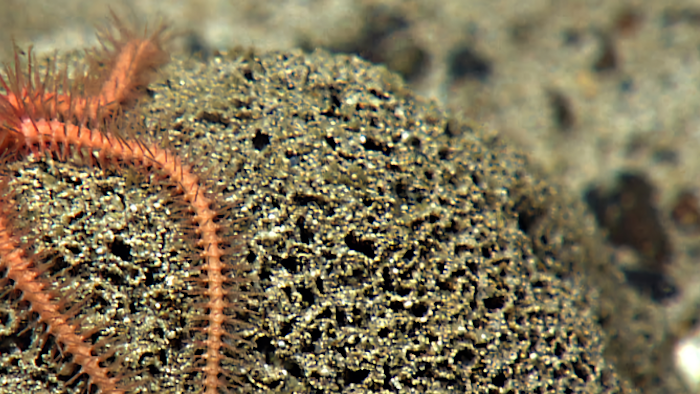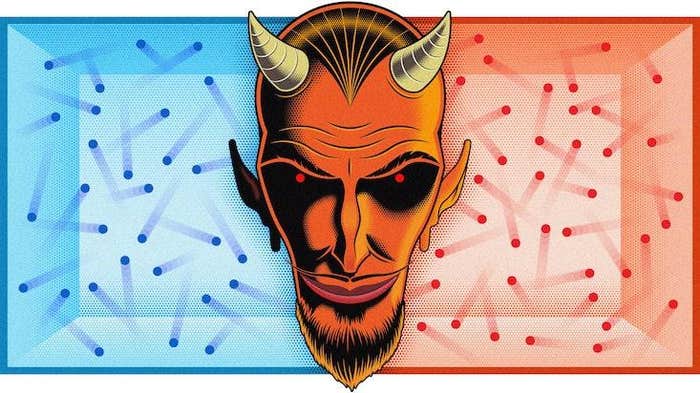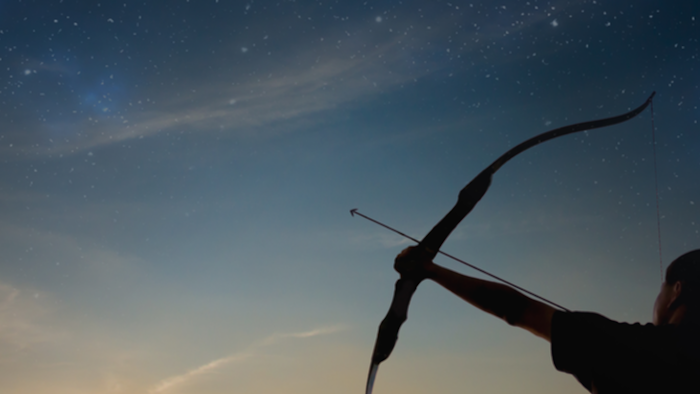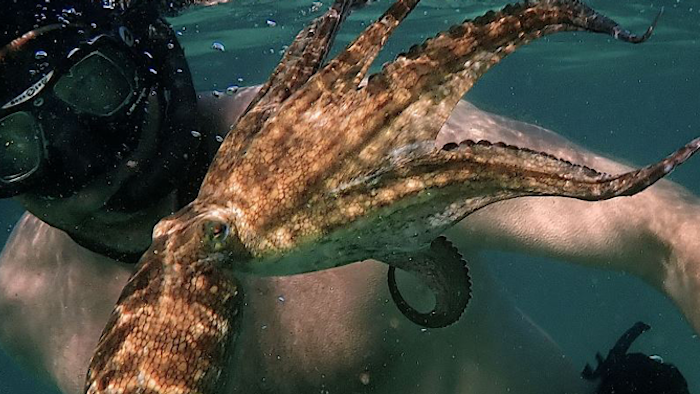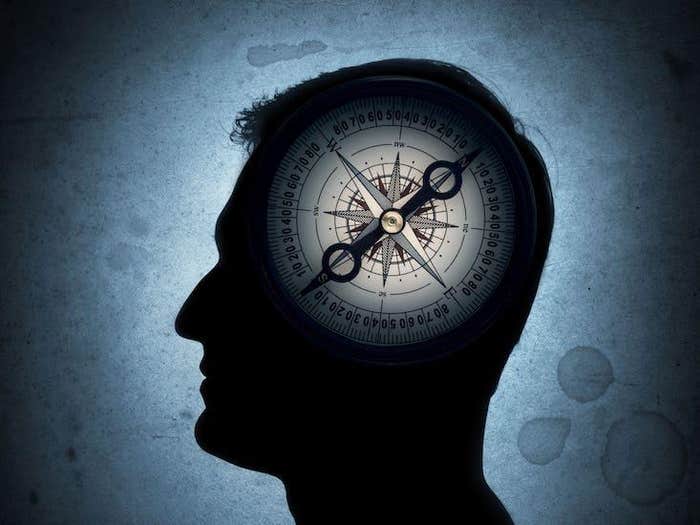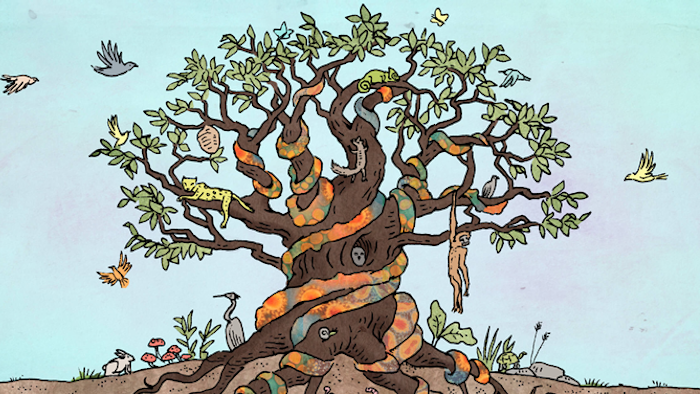Issue_99
17 articles-
The Largest Cells on Earth
Deep in the ocean abyss, xenophyophores are worlds unto themselves. -
You Can’t Dissect a Virtual Cadaver
What is lost when we lose in-person learning. -
Why People Feel Like Victims
Getting to the core of today’s social acrimony. -
How Maxwell’s Demon Continues to Startle Scientists
Reprinted with permission from Quanta Magazine’s Abstractions blog. Nautilus Members enjoy an ad-free experience. Log in or Join now . The universe bets on disorder. Imagine, for example, dropping a thimbleful of red dye into a swimming pool. All of those dye molecules are going to slowly spread throughout the water.Physicists quantify this tendency to […] -
How Surprising Connections Can Save the Ocean
Marine biologist Heather Koldewey on conservation, seahorses, and cross-discipline work.
-
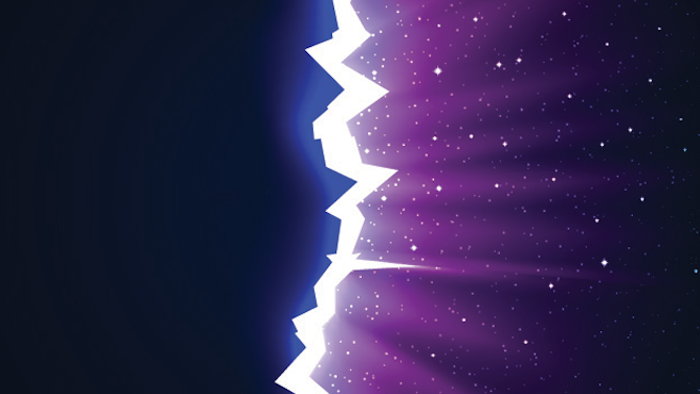
A Wrinkle in Nature Could Lead to Alien Life
There may be more than one way to tune a universe for life.
-

The Botanist Who Defied Stalin
His dream of feeding the world died in prison. His dream of a seed bank lives on.
-
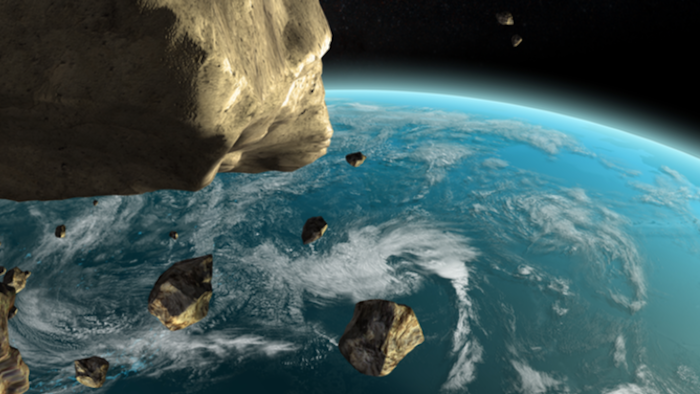
The Mother of All Accidents
Odds are, if an asteroid hadn’t crashed into Earth, we wouldn’t be here.
-
Carbon, It’s Elementary, Dear Reader
A selection of illustrations from the new book Carbon, One Atom’s Odyssey. -
How “My Octopus Teacher” Defied Convention
Craig Foster reflects on a relationship that changed his connection to the natural world. -
Do We Have Free Will? Maybe It Doesn’t Matter
Belief is a special kind of human power. Agustin Fuentes, an anthropologist at the University of Notre Dame, eloquently claims as much in his recent book Why We Believe: Evolution and the Human Way of Being. It’s the “most prominent, promising, and dangerous capacity humanity has evolved,” he writes, the power to “see and feel […] -
The Vast Viral World: What We Know (and Don’t Know)
Exploring the minuscule and mysterious world of viruses. -
How to Conquer COVID-19 Amid a Confederacy of Dunces
Science can’t be democratic, says an outspoken virologist.















